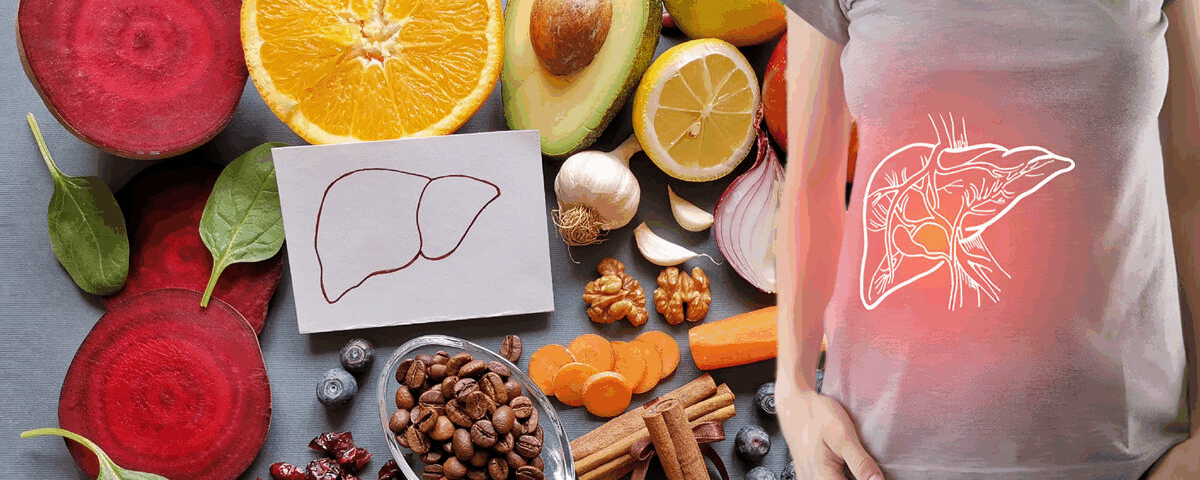
Best Women’s Health Tips for All Ages
August 12, 2025
Best Pediatric Care Tips for Newborn Health
August 12, 2025Hormones are the chemical messengers in our body that control many important functions—from mood and energy levels to metabolism and reproductive health. For women, hormonal balance plays a huge role in feeling good and staying healthy. But sometimes, hormones can get out of sync due to stress, diet, lifestyle, or health conditions, leading to symptoms like fatigue, mood swings, weight changes, and irregular periods.
The good news? You can support your body to balance hormones naturally with some simple lifestyle changes. In this article, we’ll walk you through easy, natural ways to help your hormones stay in harmony—so you can feel your best every day.
What Are Hormones and Why Are They Important?
Hormones are substances produced by glands like the thyroid, ovaries, adrenal glands, and pituitary gland. They travel through your bloodstream and send signals that regulate many body processes:
- Menstrual cycle and fertility
- Energy and metabolism
- Mood and emotions
- Sleep patterns
- Appetite and weight
- Stress response
When hormone levels are too high or too low, it can cause imbalances that affect your health and quality of life. Common hormone imbalances in women include issues with estrogen, progesterone, thyroid hormones, and cortisol (the stress hormone).
Signs You Might Have Hormone Imbalance
If your hormones are out of balance, you might notice:
- Irregular or heavy periods
- Intense PMS symptoms
- Mood swings, anxiety, or depression
- Unexplained weight gain or difficulty losing weight
- Low energy or fatigue
- Sleep problems
- Hair thinning or skin changes
- Cravings or digestive issues
If you experience several of these symptoms regularly, it’s worth talking to a healthcare provider. They may recommend tests to check your hormone levels. Meanwhile, the natural steps below can support hormone balance.
1. Eat a Hormone-Balancing Diet
What you eat has a powerful effect on your hormones. Here are some diet tips to keep hormones happy:
- Focus on whole foods: Fresh fruits, vegetables, nuts, seeds, whole grains, and lean proteins provide nutrients that support hormone production.
- Healthy fats are crucial: Fats from avocados, olive oil, nuts, seeds, and fatty fish help build hormone structures. Avoid trans fats and excessive processed oils.
- Balance your blood sugar: Eat regular meals with protein, fiber, and healthy fats to avoid spikes and crashes in blood sugar. This helps regulate insulin, a key hormone.
- Limit refined sugars and processed foods: These can increase inflammation and disrupt hormone balance.
- Include fiber: Fiber-rich foods help your body eliminate excess hormones, especially estrogen. Beans, lentils, and vegetables are great sources.
- Stay hydrated: Water supports all your bodily functions, including hormone transport and detoxification.
2. Manage Stress Effectively
Chronic stress raises cortisol levels, which can throw off your other hormones like estrogen and progesterone. Learning to manage stress is key to hormonal health:
- Practice mindfulness and meditation: Even 5-10 minutes a day can lower stress hormones.
- Exercise regularly: Physical activity reduces stress and improves mood. Choose activities you enjoy.
- Get enough sleep: Poor sleep raises cortisol. Aim for 7-9 hours nightly and maintain a regular sleep schedule.
- Make time for relaxation: Reading, hobbies, or spending time with loved ones can help.
- Avoid overworking yourself: Set boundaries to protect your mental and emotional health.
3. Exercise Smartly
Exercise supports hormone balance, but balance is important here too.
- Moderate exercise like walking, yoga, swimming, or strength training improves insulin sensitivity and boosts feel-good hormones like serotonin.
- Avoid excessive intense workouts without adequate rest, which can increase stress hormones and disrupt menstrual cycles.
- Find an exercise routine you enjoy so it feels sustainable and energizing rather than stressful.
4. Support Your Gut Health
Your gut plays a major role in hormone regulation, especially estrogen metabolism. A healthy gut helps eliminate excess hormones and reduces inflammation.
- Eat probiotic-rich foods: Yogurt, kefir, sauerkraut, and kimchi promote good gut bacteria.
- Include prebiotic fibers: Foods like garlic, onions, bananas, and asparagus feed beneficial gut microbes.
- Limit antibiotics and unnecessary medications: These can disrupt gut flora balance.
- Stay hydrated and eat fiber: Both support healthy digestion.
5. Get Quality Sleep
Sleep is the time when your body restores hormone balance.
- Lack of sleep raises cortisol and disrupts insulin and reproductive hormones.
- Establish a calming bedtime routine: avoid screens, caffeine, and heavy meals close to bedtime.
- Keep your bedroom cool, dark, and quiet for better rest.
6. Avoid Hormone Disruptors
Many everyday products contain chemicals that mimic or block hormones, called endocrine disruptors.
- Reduce use of plastics, especially for food storage—choose glass or stainless steel.
- Avoid pesticides by eating organic when possible.
- Use natural or organic personal care products and cleaning supplies.
- Filter your drinking water if possible.
7. Consider Herbal Support (With Care)
Certain herbs may help balance hormones, but it’s important to consult your healthcare provider before trying supplements.
- Maca root: Known for supporting energy and hormonal balance.
- Vitex (Chasteberry): Often used to ease PMS and support progesterone balance.
- Ashwagandha: An adaptogen that helps manage stress and cortisol levels.
- Evening primrose oil: May help with PMS and menopause symptoms.
8. Maintain a Healthy Weight
Being overweight or underweight can both cause hormone imbalances.
- Excess body fat can increase estrogen production, causing issues like irregular periods.
- Too little body fat can stop ovulation and cause infertility.
- Aim for a healthy weight through balanced eating and regular physical activity.
When to See a Doctor
If natural lifestyle changes don’t improve your symptoms or if you have severe issues like missed periods, unexplained weight gain, or symptoms of thyroid problems, see a healthcare professional. They can check your hormone levels and help you find appropriate treatments.
Frequently Asked Questions (FAQs)
1. Can I balance my hormones naturally without medication?
Yes! Many women successfully improve hormone balance through diet, stress management, exercise, sleep, and avoiding toxins. However, some conditions may require medical treatment.
2. How long does it take to balance hormones naturally?
It varies. Some women notice improvements in a few weeks, while for others it may take a few months. Consistency is key.
3. Are birth control pills good for hormone balance?
Birth control pills regulate hormones but work by controlling your cycle artificially. They don’t fix underlying hormone imbalances and may not be suitable for everyone.
4. Does stress really affect my hormones?
Absolutely. Chronic stress increases cortisol, which can disrupt reproductive hormones, metabolism, and mood regulation.
5. What foods should I avoid to keep hormones balanced?
Avoid processed foods, excessive sugar, refined carbs, trans fats, and artificial additives. Also, limit caffeine and alcohol for better hormone health.
Balancing hormones naturally is about creating a healthy lifestyle that supports your body’s natural rhythms. By nourishing yourself with good food, moving regularly, managing stress, and getting enough rest, you empower your hormones to work as they should—helping you feel vibrant, balanced, and strong at every stage of life.





